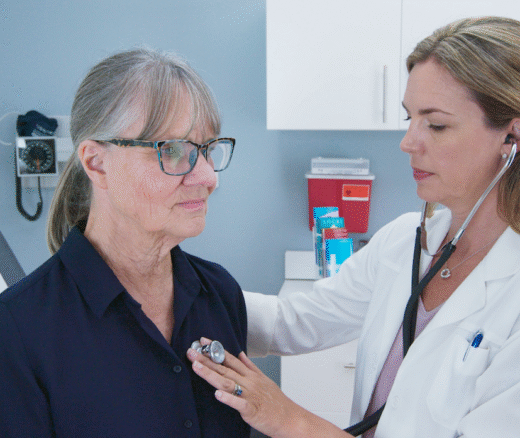
These Patients Have Nothing Else. Should That Be Enough for FDA Drug Approval?
Despite Streamlined Processes, FDA’s Role in Rare-Disease Drug Development Draws Continued Scrutiny
In Their Own Words
The following excerpt is from an op-ed that first appeared in The Los Angeles Times on December 29, 2022.
In the privacy of her home, a woman searches for the nearest abortion clinic. She read a news article about Google deleting abortion search data, so she uses Google to find a clinic just over the border from her state, which recently banned the procedure.
When she visits the clinic webpage, however, Google and Facebook — plus a dozen other companies — record her activity thanks to third-party tracking code embedded on the clinic’s webpage. They know that she clicked on the page to find the clinic’s address, and that she read information on how to prepare for an abortion at that clinic.
Our research team at the University of Pennsylvania’s School of Medicine and Carnegie Mellon’s CyLab found that 99% of abortion clinic webpages surveyed have at least one third-party tracker on their site. The situation is usually worse: The average clinic webpage transfers data to nine different companies. Across all abortion clinics in the U.S., we found that trackers sent data to 66 different companies, from tech behemoths to businesses with little or no consumer-facing presence.
The tracked information can be sold and resold with virtually no limit on how it can be used. Companies can send a woman targeted ads based on her likely having obtained an abortion. Prosecutors in her state can use that data to provide evidence that she did.
Even private citizens can purchase lists of people who visited abortion clinic webpages, then use those names to initiate lawsuits against providers and patients under laws such as Texas’ Senate Bill 8. It may seem shocking that an abortion clinic would transfer visitors’ browsing data to for-profit companies. But the practice is a symptom of an online health privacy crisis that’s been years in the making.
Read the entire op-ed, here.



Despite Streamlined Processes, FDA’s Role in Rare-Disease Drug Development Draws Continued Scrutiny

LDI Fellows Used Medicaid Data to Identify Individuals at Highest Risk for Cocaine- and Methamphetamine-Related Overdoses, Paving the Way for Targeted Prevention

More Focused and Comprehensive Large Language Model Chatbots Envisioned

Medicare Advantage Modestly Cut Black–White Disparities in Chronic Disease Prevention Compared to Traditional Medicare, but Care Gaps Remain for Latinx Populations

How Threatened Reproductive Rights Pushed More Pennsylvanians Toward Sterilization

Billing Codes That Flag Food, Job, or Housing Insecurity in Medical Records are Underused for the Sickest Medicare Patients

Promising New Evidence and What’s Next

Abortion Restrictions Can Backfire, Pushing Families to End Pregnancies